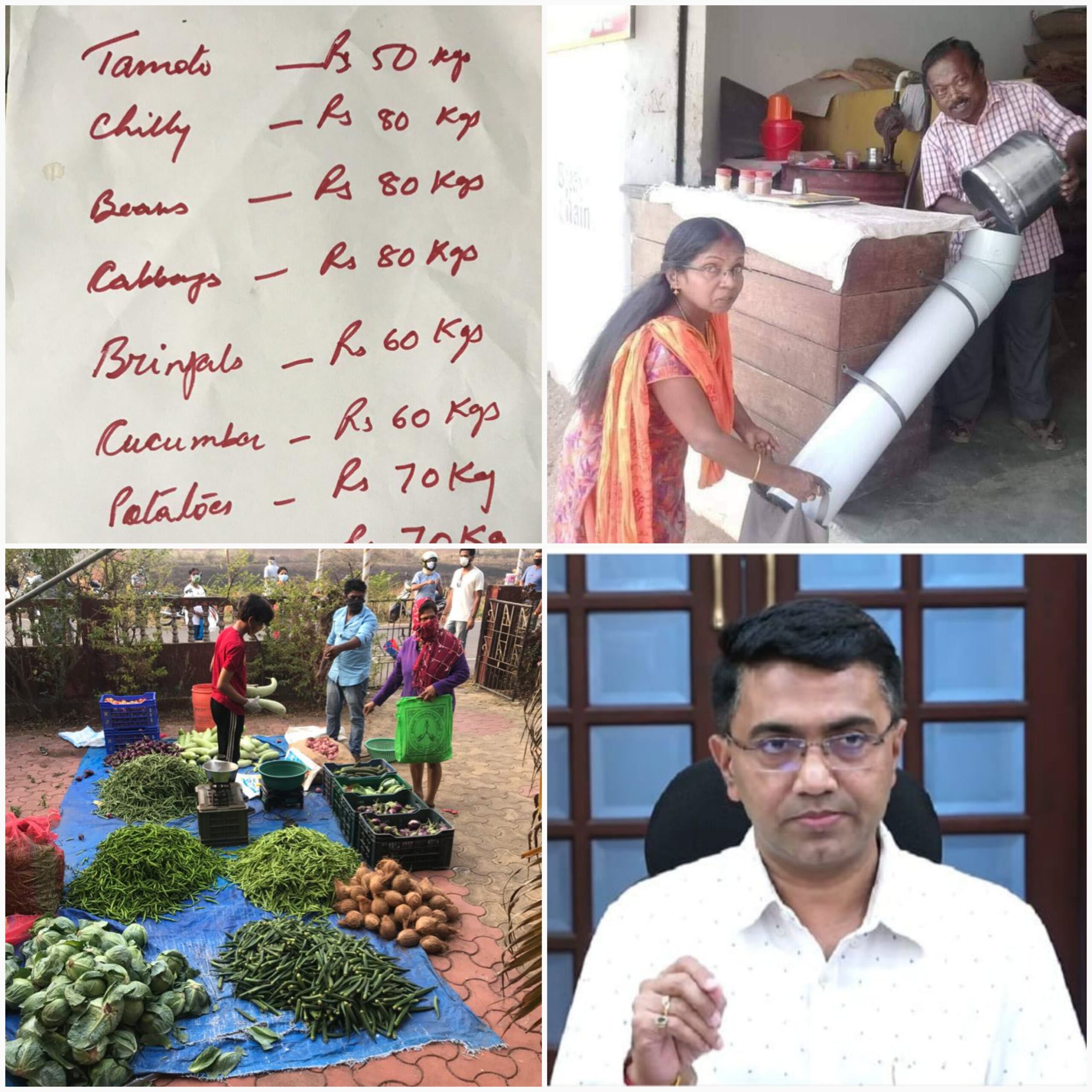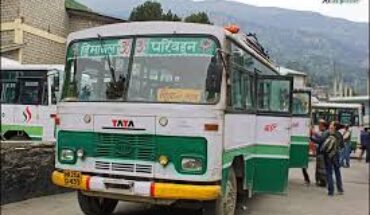Panjim, April 6, 2020: It is no longer “Sun and Sand, Food and Feni” in the erstwhile Portuguese stronghold of Goa, which is in the grip of a global alien threat like the rest of India, even as seven suspected cases of COVID-19 in Goa were reported positive but in stable condition on March 25 by the Integrated Disease Surveillance Programme (IDSP). This included some patients with a travel history of returning to Goa from Spain, Australia and the USA respectively, the IDSP stated.
One of the COVID-19 patients had travelled from New York to Goa via Mumbai on March 29, the IDSP had stated while appealing to other airline flyers that had boarded the domestic flight to report to the nearest health centre for medical checkup.
Another Goan, who had tested positive for COVID-19, had travelled to Mozambique and Kenya before arriving on March 19 and self-admitting in Goa.
Health security measures have been beefed up in Goa with the state police maintaining constant patrolling in the cities and villages, which wore a deserted look even as MLAs spread messages to their constituents about the various emergency food facilities initiated by the Government at the Panchayat levels to reach out to all including senior citizens and the poor.
This move comes in the wake of the Central Government announcing a 21-day total countrywide lockdown due to the prevailing Corona pandemic. About 798 people have been home quarantined in Goa, while 240 CRPF personnel have been deployed to maintain social distancing in the markets and hotels told to slash room tariff by 50% for tourists stranded in Goa, according to the Chief Minister Pramod Sawant.
Meanwhile, the elected Goa MLAs and ministers have also got their act together and begun conducting provision drives in their constituencies. Besides assuring that grocery shops are open but urging the public to opt for home delivery, the Chief Minister Pramod Sawant has been continuously holding meetings with bureaucrats and major players in the grocery sector to ensure uninterrupted supply of essential commodities.
Glenn Ticlo, Aldona MLA, said a ‘commodity delivery service’ has been arranged from March 28 in his constituency. This service featured supply of essential items like flour, rice, sugar pulses and tea leaves at market rates in packets for Rs 500 and Rs 1,000 each — on orders placed through given mobile numbers – with free delivery through panchayat ward volunteers. A food helpline for the homeless and needy too has been set up by the Goa Government, which has also directed the State Control Room to facilitate providing travel passes, medical assistance and essential supply of medicines.
“We have made arrangements in Calangute to see that people get grocery items”, said Minister for Waste Management, Science and Technology, Ports and Rural Development, Michael Lobo, while Minister for Arts and Culture, Tribal Welfare, Civil Supplies and Consumer Affairs, Cooperation, Govind Gaude said “We are taking all steps to provide grocery items to our voters in Priol constituency.”
How effective these arrangements were could be seen in one village in North Goa where the Panchayat successfully brought in loads of vegetables and watsapp-ed the villagers to collect them at 7 a.m. A huge queue faithfully turned up, even adhering to the social distance gap on marked circles and bought vegetables in plenty – though at nearly triple the market prices.
However, in some places, people were bemoaning the lack of food and medical supplies. Tamsin Tellis, marketing executive, came from Mumbai to Canacona in Goa (near Karwar in Karnataka) 15 days ago to attend to her ailing mother-in-law and wound up stuck there, lamenting the lack of medicine or foodstuff.
“We contacted the Panchayat and local MLAs who kept assuring us of delivering essential items, but so far nothing. The market is far away and no surety of getting our needs there,” she said while sending a letter to the Goa Chief Minister expressing hope that the situation would take a turn for the better.
However, it is the tiny “Mom and Pop” shops — that are dotted across Goa’s landscape – who have come to the rescue of the beleaguered Goan residents with their varied offerings ranging from bread, milk and eggs to even vegetables, fruits and other things, while keeping to the restricted timings.
Former Goa CM Digamber Kamat urged the Goa chief minister to notify an isolated complex as a quarantine centre, while also expressing confidence that the medical authorities would provide best of healthcare to the three COVID-19 patients.
Social distancing has begun to take off majorly with even ration shopkeepers using a “funnel chute” to supply foodgrains to public. Customers too are playing their part by wearing face masks while collecting vegetables from vendors at a safe distance.
The CAT BOYS social club in Bastora stopped at 2.30 a.m. a 40-strong group of migrant workers who were confusedly walking on the road seeking help, and these were guided to relevant government/NGO free food/stay places, representative Siddhesh said, while Bastora panchayat member Rajesh Pilankar said such migrants and other jobless workers were being employed daily for clearing up garbage and cleaning up clogged nullahs.
Meanwhile, alternate foods and recipes galore are being highlighted on Wattsapp. Bearing in mind the food shortage, one user suggested freely harvesting “Ankur” shoots — that grow plentifully by the riversides in Goa and cooking them in Goan “Xacuti” masala style.
Charitable ‘Good Samaritans’ too were Watsapping mobile numbers for those who were hungry, with the assurance of being given free meals in different parts of Goa.
Well-known Advocate/Social activist Aires Rodrigues has suggested the Goa Government acquiring and converting Goa’s land/river Casinos – which have been at the centre of controversy – into quarantine centres for COVID-19, besides pooling available resources while scrapping needless projects like the Manohar Parrikar Memorial at Miramar.
However, Its work as usual – though somewhat dangerous — for some people like snake-catcher like Santosh Naik, who rushed out of self-imposed lockdown against COVID-19 in the evening to attend to a frantic call from a villager about a cobra near his house. Naik had to dig through the durig (mountain stone wall) for an hour-and-half before capturing the metre long, poisonous spectacled cobra before being rewarded monetarily by the grateful house-owner.




